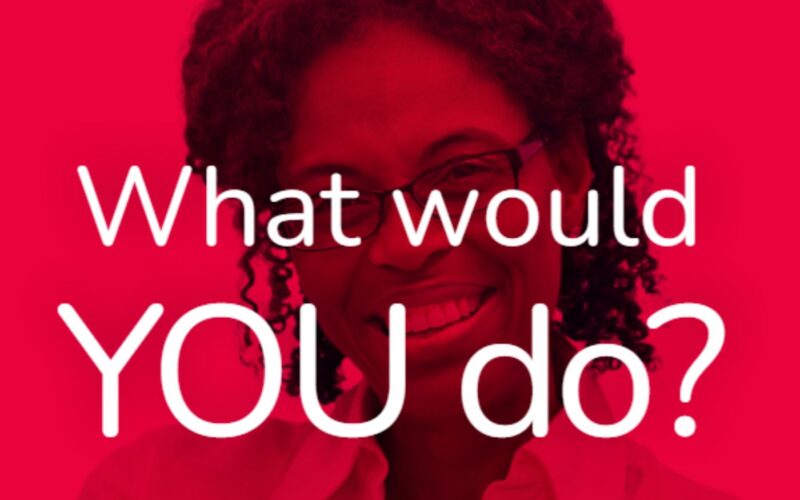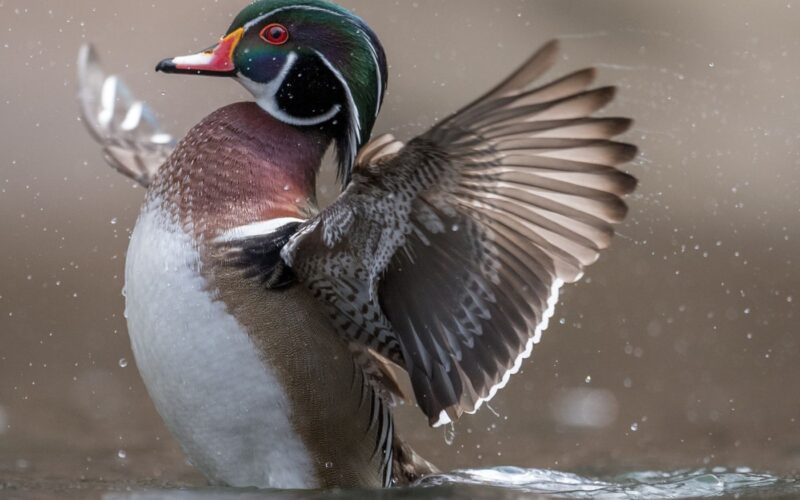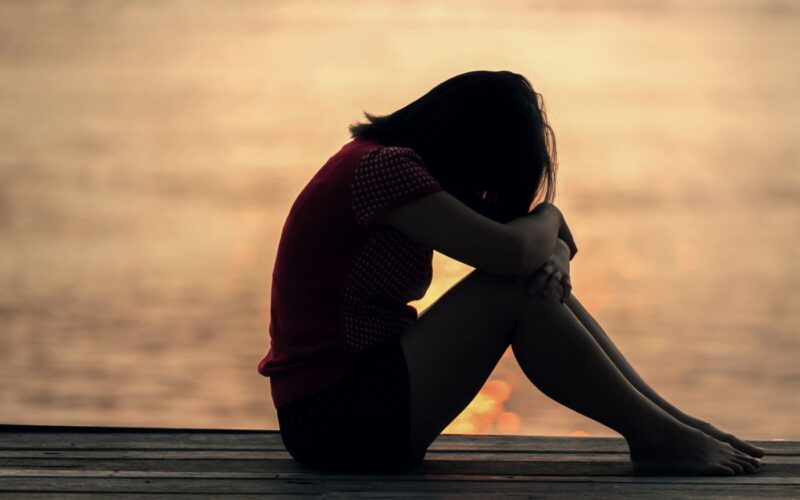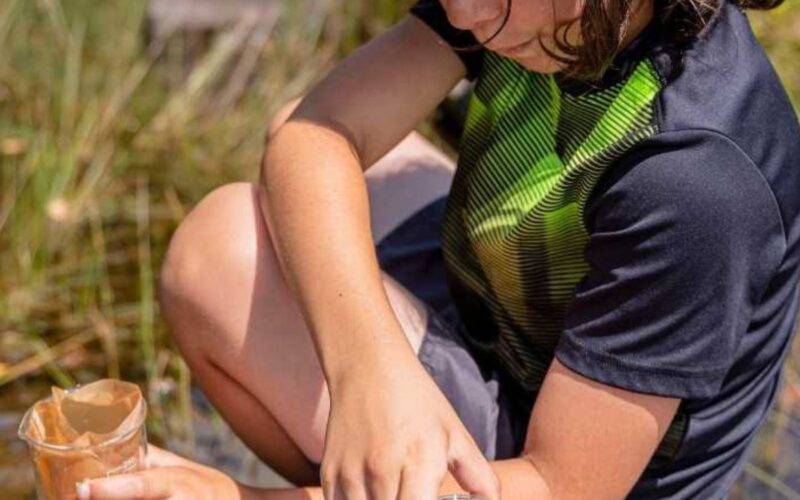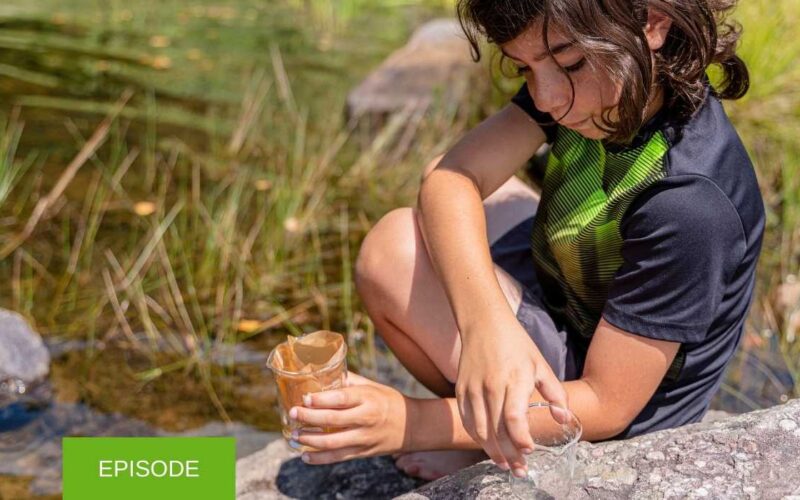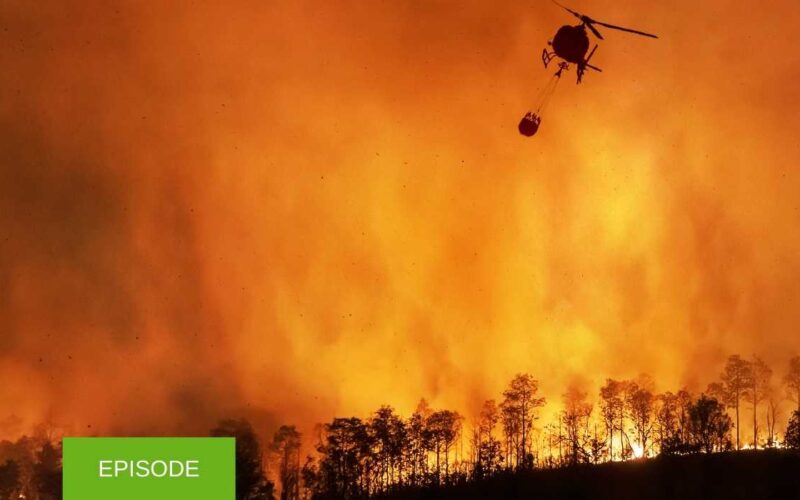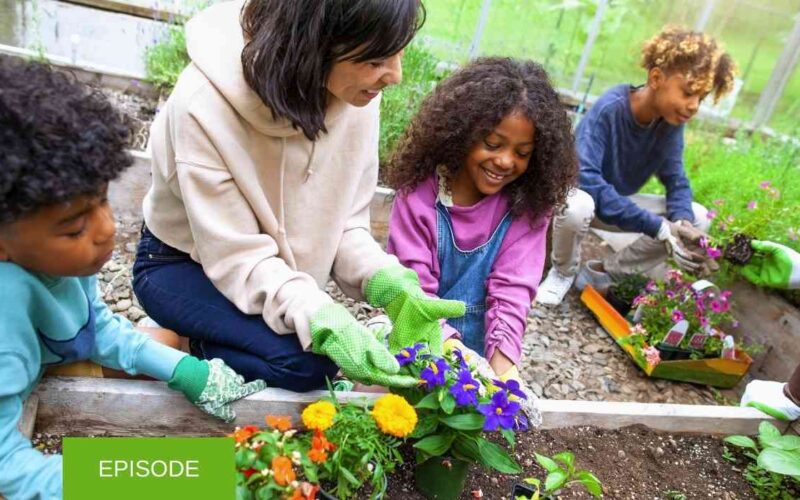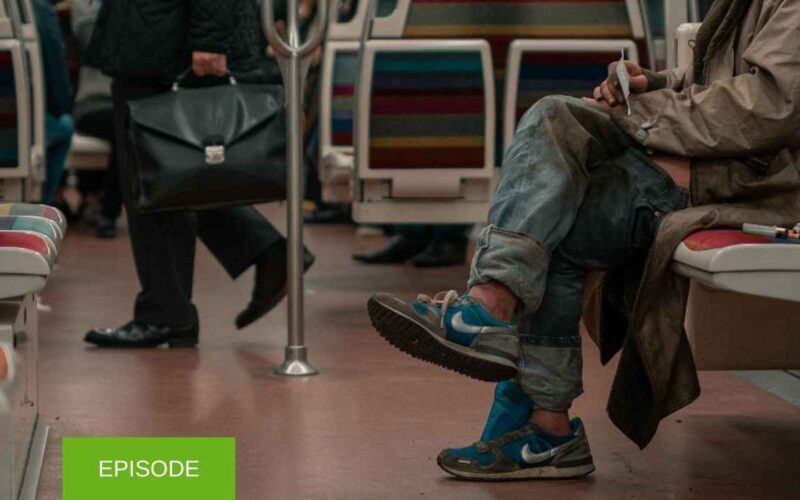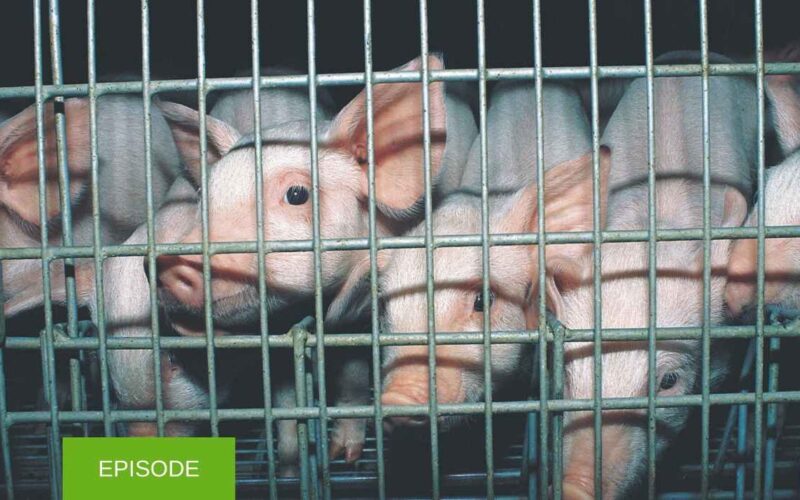Today we’re here to invite you to watch our new video podcast series “What Would YOU do?”. Created in partnership with EdEthics of the Harvard Graduate School of Education, each episode includes a dramatization of an ethical dilemma that could be faced by educators along with a discussion of the case facilitated by Harvard professor Meira Levinson.
We have two episodes available on our website and they are a great resource for PD!
One examines the debate over a form of project-based civics education called Action Civics, in which students research a topic of their choosing and then take action to create change. A parent’s campaign to end the action civics project prompts a high school to examine the purpose of civic education, the rights of young people to influence their community, and the ways that polarized discourse influences schools.
The second episode explores the challenges of teaching about climate change in a community where a large portion of the residents work in the natural gas industry. A new science teacher is surprised when many of her students and their parents object to her lessons on climate change. How far should the beliefs and values of the local community in which a school is embedded inform curricular and other teaching decisions?
To watch, simply go to our website ethicalschools.org and click on VIDEOS. We hope you like it!
Read More


